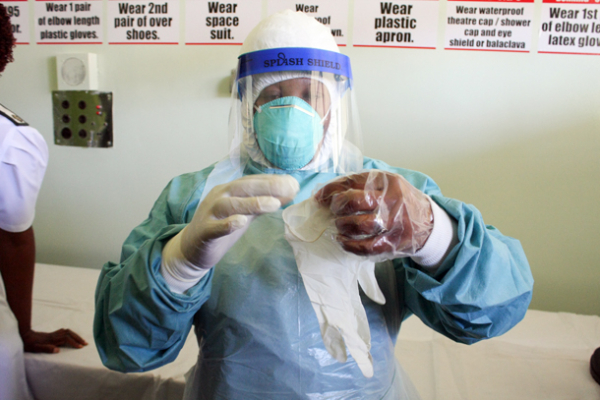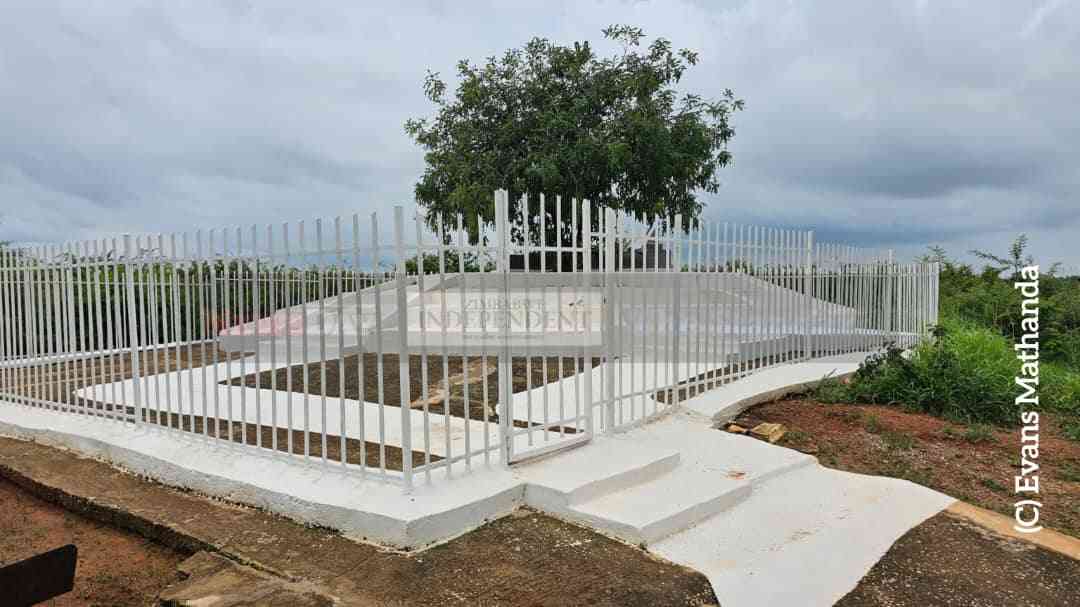
MEDICAL experts and stakeholders are pleading with government to scale up its preparedness on the coronavirus after a mapping by global health experts showed the country having a high risk of infection because of travel links with affected countries.
BY PHYLLIS MBANJE/VANESSA GONYE
The coronavirus has affected 65 countries with new infections and deaths being recorded in Europe and China, countries that have higher travel connections with Zimbabwe.
Zimbabwe is among countries which are high risk based on volume of air traffic connections between each African country and Chinese regions heavily impacted by the virus.
This is according to scientists from Europe, Africa and the United States who teamed up to map, as precisely as possible, the virus’ importation risk for nations.
Experts told NewsDay that Zimbabwe’s fragile health system manned by a demotivated health personnel who are having to contend with obsolete equipment and no protective clothing could easily collapse in the event of an outbreak.
So far according to statistics from the Health ministry, 6 169 people have been screened.
Zimbabwe Doctors for Human Rights (ZDHR) chairperson Fortune Nyamande said there was need to strengthen surveillance at the ports of entry and ensure that there are effective quarantine facilities for confirmed or unconfirmed cases.
- Chamisa under fire over US$120K donation
- Mavhunga puts DeMbare into Chibuku quarterfinals
- Pension funds bet on Cabora Bassa oilfields
- Councils defy govt fire tender directive
Keep Reading
“In addition to the current laboratory tests we are doing using Polymerase chain reaction (PCR), we also need other radiological tools such as CT scan at the major institutions involved in the treatment of Covid-19 cases,” he said.
Nyamande also said health workers need to be trained on the standard operating procedures on handling suspected cases so that they are equally protected.
Medical practitioner Anele Bhebhe said the borders remained porous, allowing people from coronavirus hotspots into Zimbabwe.
“Screening zones lack protective clothing, equipment and cannot be taken seriously. The 21-day follow up will not stop the virus from spreading,” he said.
Bhebhe also said other major cities did not have adequate centres for quarantine and that the diagnostic machine takes at least five hours.
“The health system is in shambles there are not enough beds for isolation, no monitors, no oxygen, no ICU beds, no medicines,” he said, adding that the system would choke if there was an outbreak.
Bhebhe’s sentiments on porous borders were echoed by the Parliamentary Portfolio Committee on Defence who presented a report in the National Assembly last week.
The report stated that the country’s border posts were so porous that 16 187 people were arrested from January to June 2019 for illegal crossing, with an average 1 350 people are being arrested monthly.
When the committee visited different border posts, they said they found that for stretches of up to 255km, border policing was being done in areas covering less than 50km thus giving easy accessibility for illegal crossing.
The committee learnt that the Department of Immigration did not have vehicles for border patrol operations and currently they are relying on private hire to chase criminals.
Recently Tedros Adhanom Ghebreyesus, the head of the World Health Organization recently told African Union Health ministers gathered in the Ethiopian capital.
Fungisayi Dube from the Citizens Health Watch said: “The fact that we have no confirmed cases does not mean we should be complacent. We need an organized and concerted effort to churn out public information on the virus and mitigation strategies.”
Health minister Obadiah Moyo speaking after an inter-ministerial meeting held in Harare yesterday, Moyo said they are still making frantic efforts to arrest the virus before it makes its way into the country.
“The main issue is in relation to the protection of the country, we are making sure that there is no Covid-19 entering Zimbabwe. We have to think of means and ways of how people with the disease may be coming into Zimbabwe,” he said.
Moyo said Zimbabwean students in China will not be repatriated.











